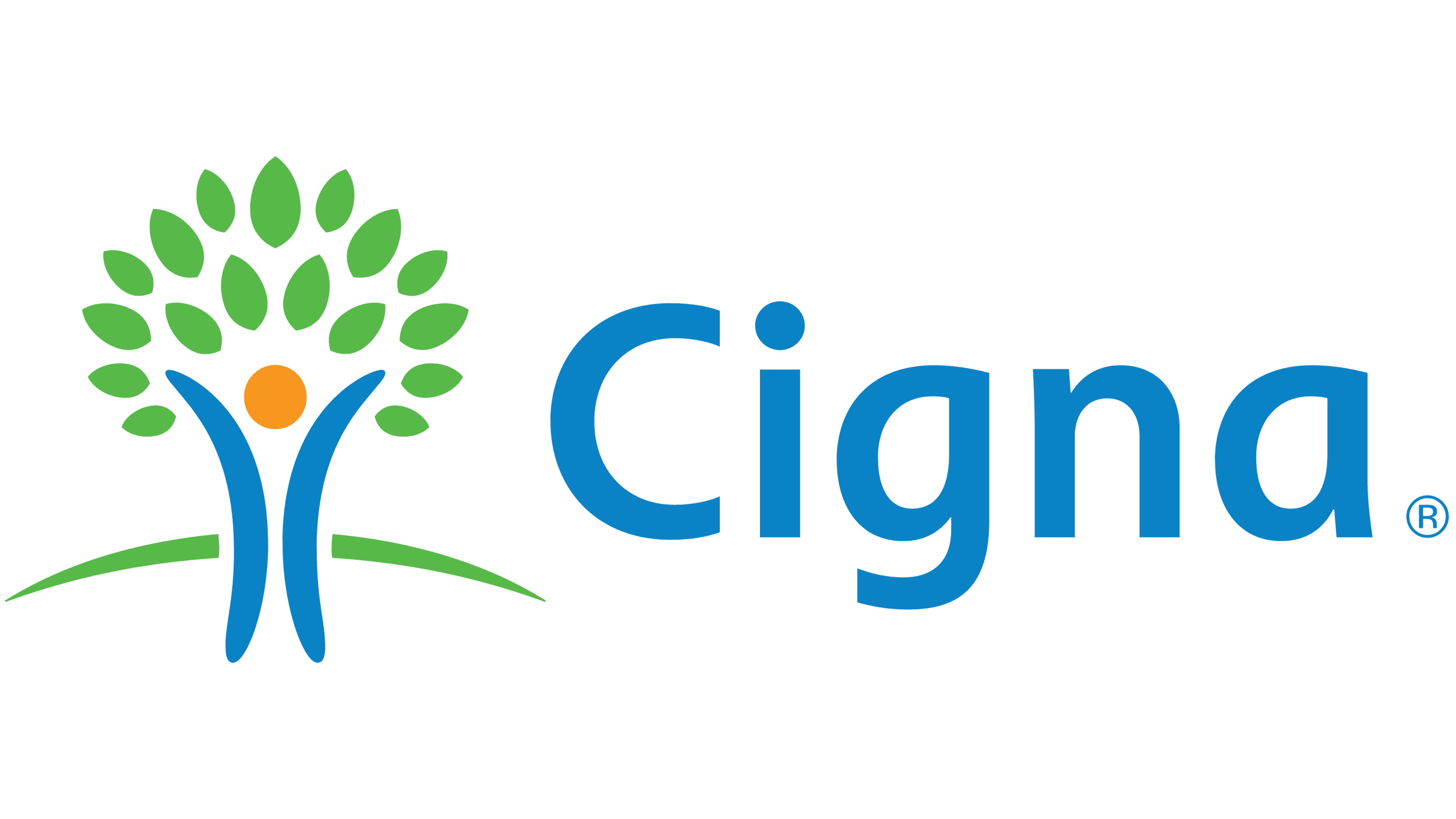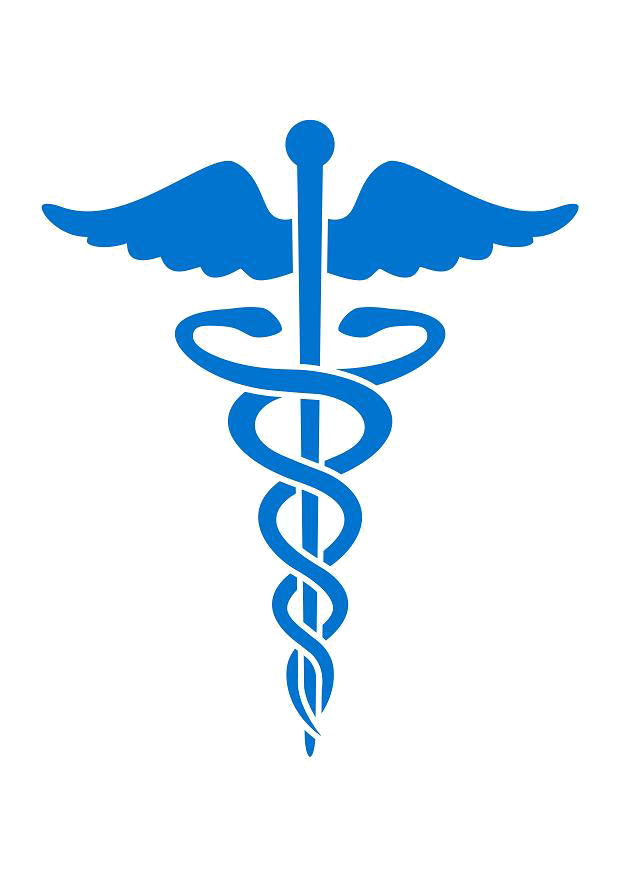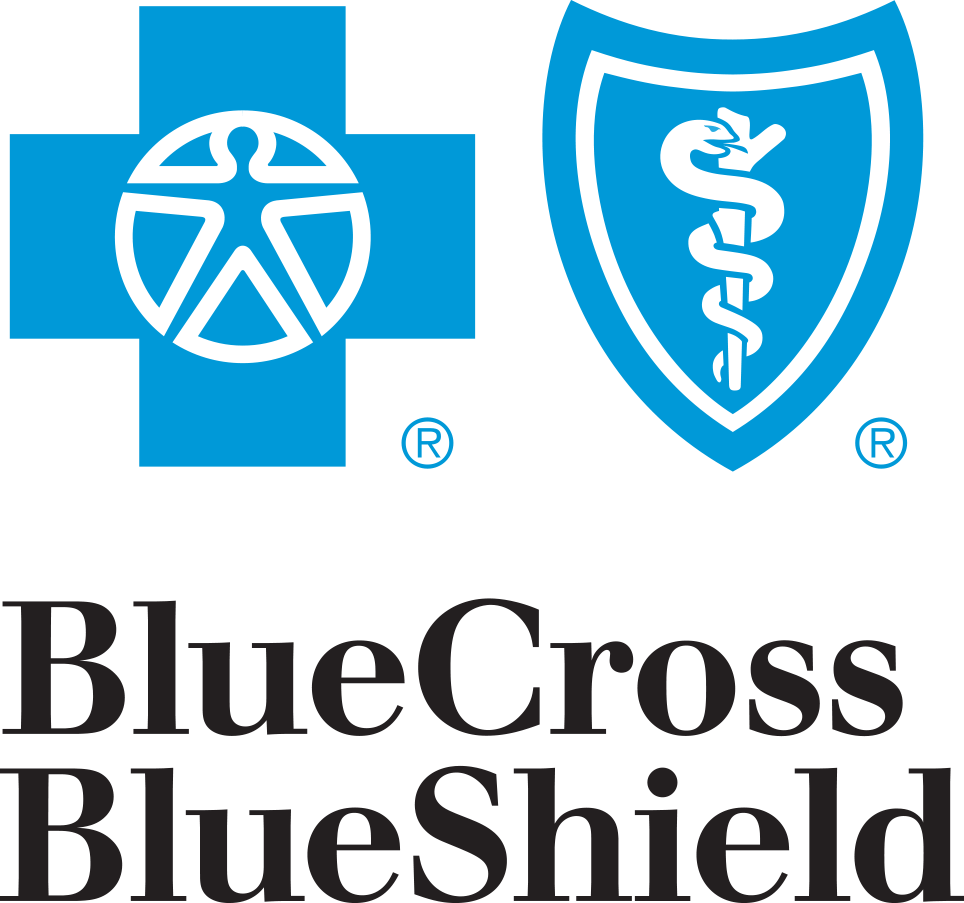Thrive Advanced Care
Thrive Advanced Care provides Applied Behavior Analysis (ABA) to help meet your child’s needs. ABA therapy is the most effective early intervention treatment for children with Autism. ABA therapy uses behavior analysis principles to improve social, communication, and learning skills through reinforcement strategies. Goals for behavior modification and skill acquisition are identified based on social significance, and those goals are then targeted with individualized programming.
Why Choose Us
Thrive Advanced Care is committed to providing the best therapy possible. Thrive Advanced Care is a BCBA-owned company specializing in Applied Behavior Analysis treatment for toddlers and young children with Autism Spectrum Disorder (ASD) or other developmental delays. Our exceptional clinicians track your child’s daily progress toward achieving their individual goals to ensure that each child achieves success. Every case of Autism is unique. Likewise, each child is unique in their way. As a result, our programs are tailored to meet the needs and goals of each individual. We can assist you if you are concerned that your child may have Autism. Thrive Advanced Care offers comprehensive Autism Evaluation services based on the ADOS-2 Diagnostic Assessment, the gold standard for diagnosing Autism Spectrum Disorders (ASD).
The nature of One-on-One Therapy is highly intensive to give children the extra time and attention they need to master specific behaviors and skills. These particular skills can help build on and continue to advance, such as compliance, instruction following, self-help, motor skills, language, sibling relationships, age-appropriate play, and other social skills.
For children with Autism, it can be challenging to interpret social cues, understand people’s intentions, and process when/how to respond or interact with others in social settings. If your school-aged child has trouble interacting with peers or making friends, our Social Skills Group can help! Children are encouraged to participate in fun, age-appropriate activities where they can learn basic to complex skills associated with holding a conversation, being a good sport, and empathizing and relating to others.
Our goal with Parent Training is to empower you with practical ABA techniques that you can easily use anywhere and in any situation with your child. Consistent application of ABA techniques is essential for your child’s success, so we encourage all of our parents and guardians to attend monthly meetings.

One-on-One Therapy
The nature of One-on-One Therapy is highly intensive to give children the extra time and attention they need to master specific behaviors and skills. These particular skills can help build on and continue to advance, such as compliance, instruction following, self-help, motor skills, language, sibling relationships, age-appropriate play, and other social skills.

Social Skills
For children with Autism, it can be challenging to interpret social cues, understand people’s intentions, and process when/how to respond or interact with others in social settings. If your school-aged child has trouble interacting with peers or making friends, our Social Skills Group can help! Children are encouraged to participate in fun, age-appropriate activities where they can learn basic to complex skills associated with holding a conversation, being a good sport, and empathizing and relating to others.

Parent Training
Our goal with Parent Training is to empower you with practical ABA techniques that you can easily use anywhere and in any situation with your child. Consistent application of ABA techniques is essential for your child’s success, so we encourage all of our parents and guardians to attend monthly meetings.
We accept most insurances






* Private pay accepted

ABA tHERAPY
Except for social skills groups, all ABA therapy provided by Thrive Advanced Care is one-on-one. Our therapists are all highly trained. Every case is assigned a supervisor who oversees each patient’s programs and staff training.
Parent training is also provided regularly, and it is an integral part of ABA because it promotes the transfer of skills learned in the clinic to the home environment.
Thrive Advanced Care currently offers in-home care as well as clinic-based therapy. In-home care allows for the generalization of self-help and adaptive skills in real-life scenarios and more frequent family guidance.
Instructional Method

Discrete Trial Training (DTT)
At a table, ABA is typically highly structured and intense. Each teachable moment is planned, distinct, and separate. During a teaching session, each target is typically repeated several times. DTT can help students who benefit from repetition.

Natural Environment Training (NET)
A more natural form of ABA. Often it is conducted in the patient's typical environment. Everyday household objects and toys are used as teaching materials. The rewards for correct responses are natural. The therapist has a list of targets, and they are inserted into games and play. NET training is meant to be administered without the patient realizing they have to work.

Pivotal Response Training (PRT)
Another form of natural ABA. Used to teach language, decrease disruptive/self-stimulatory behaviors, and increase social/communications skills. PRT is accomplished by focusing on pivotal behaviors that influence a more comprehensive range of behaviors. The goal of PRT is to produce positive changes in the crucial behaviors and the patient's ability to monitor their behavior.
Individual Programs:
- Direct observations
- Screening tools, VB-MAPP, PEAK, IGLR, EFL & ESDM
- ADOS-2 Diagnostic Assessment, M-CHAT & CAST
- Customized treatment plans
- Functional Behavioral Assessments (FBA)
- Functional Analysis reports (FA)
- An advanced electronic data collection system
- 1:1 programming overseen by BCBA
- In-home consultations and therapy
- On-site consultations and therapy
- Community-based training
- Collaboration with w/patients other associated medical professionals
- Parent training sessions
- Sibling training sessions


Educational Programs:
- Development of classroom management
- Development & strategies for implementing ABA programming
- Staff development
- Development of Behavioral Intervention Plans (BIP)
- School observations
- School observations
- Parent training sessions
- Conduct Functional Behavioral Assessment (FBA)